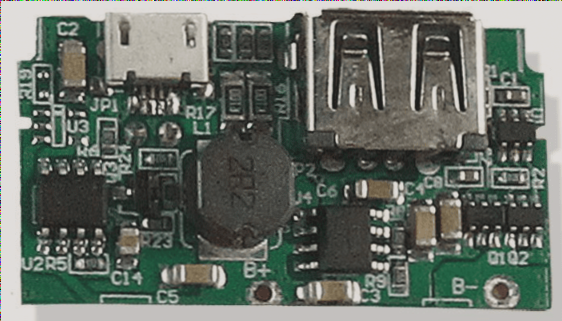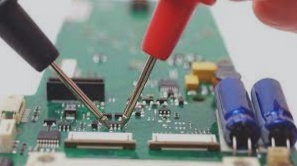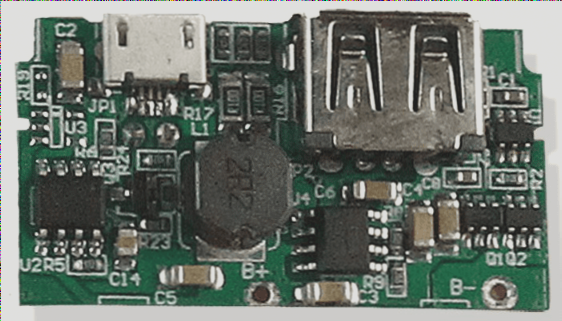PCB Board Material: A Comprehensive Guide
Introduction to PCB Board Material
PCB board, also known as the substrate, is a crucial component in the electronic industry. It serves as the foundation for processing and manufacturing printed circuit boards (PCBs). The material of the circuit board is a copper-clad plate, commonly known as Copper Clad Laminate (CCL), made from reinforced materials like wood pulp paper or fiberglass cloth impregnated with resin and coated with copper foil.

Types of PCB Board Materials
-
- Rigid Substrate Materials:
Rigid substrate materials are typically copper-clad plates made by impregnating reinforced materials with resin adhesive, drying, cutting, and stacking into blanks. These materials are then covered with copper foil using a mold and processed under high temperature and pressure.
-
- Flexible Substrate Materials:
Flexible substrate materials offer versatility and are used in various electronic products such as televisions, radios, computers, mobile phones, and communication devices.
Classification of Copper-Clad Panels
- Based on Substrate:
- Paper Substrate
- Fiberglass Cloth Substrate
- Synthetic Fiber Cloth Substrate
- Non-Woven Fabric Substrate
- Composite Substrate
- Based on Insulation Materials:
- Phenolic
- Epoxy
- Polyester
- Polytetrafluoroethylene
Commonly Used PCB Board Materials
-
- FR-4:
FR-4 is a heat-resistant material grade used in circuit boards, composed of TeraFunction epoxy resins, fillers, and fiberglass.
- Resin
Conclusion
PCB board materials play a vital role in the electronic industry, offering a wide range of uses and excellent characteristics such as heat dissipation and insulation. Understanding the different types and classifications of PCB board materials is essential for producing high-quality electronic products.
Epoxy Resin Material in PCB Industry
Epoxy resin, a commonly used material in the PCB industry, undergoes polymerization reactions when thermally cured. This material provides excellent electrical insulation and acts as an adhesive between copper foil and reinforcement (glass fiber cloth). It exhibits characteristics such as electrical resistance, heat resistance, chemical resistance, and water resistance.
Glass Fiber Cloth
Glass fiber cloth is created by fusing inorganic compounds at high temperatures, forming amorphous hard materials that are then interlaced by warp and weft to create reinforcing materials. Commonly used specifications for E-glass fiber cloth include 106, 1080, 3313, 2116, and 7628.
Aluminum Substrate
The aluminum substrate, composed of copper skin, an insulation layer, and an aluminum sheet, is primarily made of aluminum. It offers excellent heat dissipation properties, making it a popular choice in the LED lighting industry.
Importance of PCB Substrate Materials
PCBs, as vital components of electronic products, rely on substrate materials to provide conductivity, insulation, and support. The performance, quality, manufacturing processability, cost, and processing level of PCBs are all influenced by the choice of basic materials.
Selection of PCB Board Materials
The substrate, consisting of polymer synthetic resin and reinforcing materials, serves as an insulating layer board. It is coated with a layer of high-conductivity pure copper foil with good weldability, typically with a thickness of 35-50/ma. The adhesion of copper foil to the substrate determines whether it is a single-sided or double-sided copper clad plate.
- Proper selection of PCB board materials is crucial as it impacts the overall circuit board performance.
- Benefits of carefully choosing PCB materials include controlling trace impedance, reducing board size, and increasing wiring density.
- Integrating grounding and power boards in PCB circuit designs can further enhance performance.
WellCircuits’ extensive procurement network enables us to secure a range of materials tailored specifically for your project needs, making us your one-stop solution when it comes to PCB materials. If your need for PCB materials arises, don’t hesitate to get in touch – WellCircuits can supply everything from standard board materials to special ones tailored for specific tasks and materials sourced specifically to support them!



